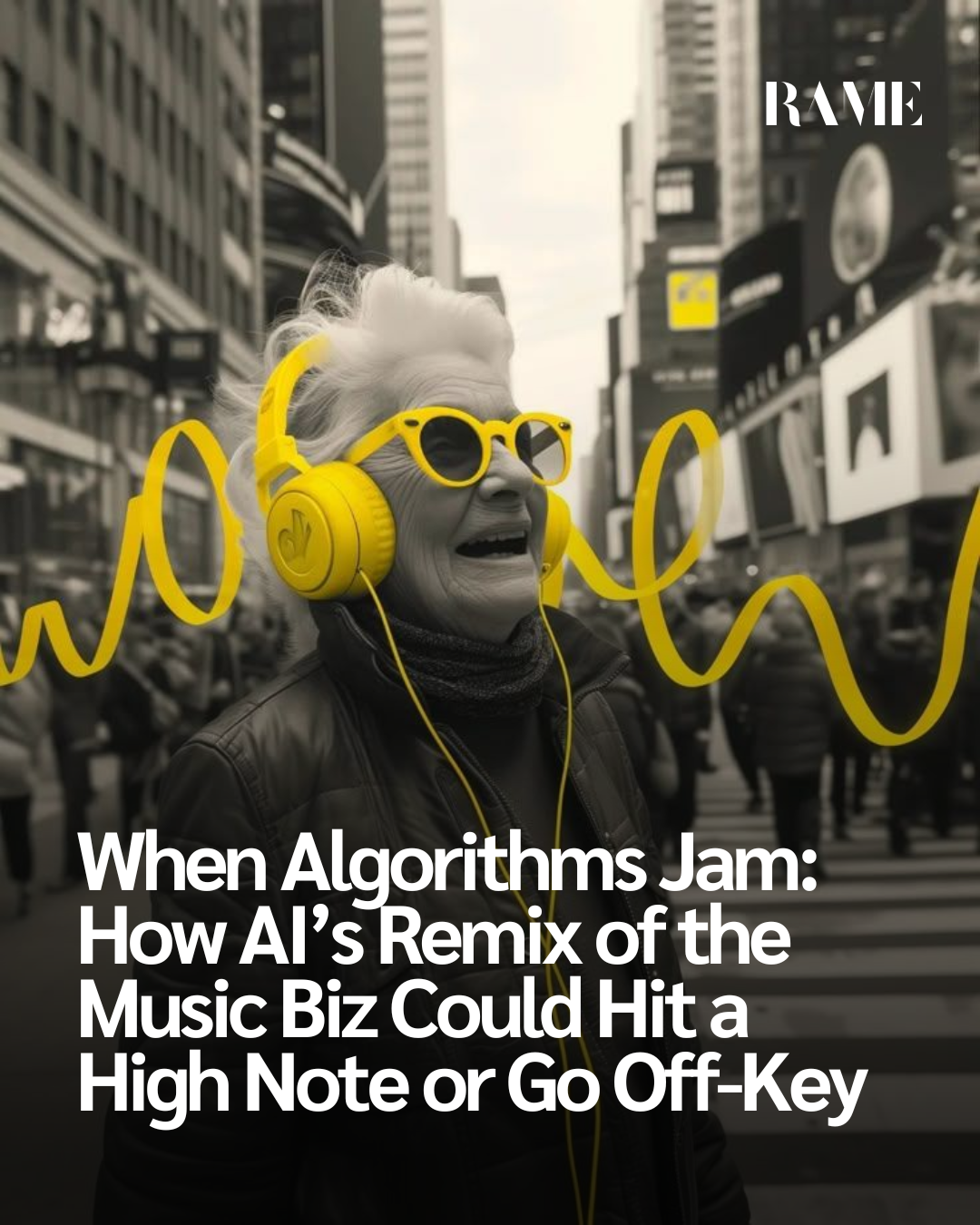Image Credit: AI
Here’s the thing: we’re standing at a crossroads in how music is created, distributed and consumed thanks to artificial intelligence. Some see a golden opportunity for artists and labels to innovate; others warn of a tidal wave that could wash away revenue and the human essence of music. The debate around AI’s impact on the music business has been running for years, and while the jury’s still out, what’s clear is that the stakes are high.
Let’s break down exactly what’s happening the upside, the risks, and what this could really mean for artists, labels and music fans alike.
The Promise: New Tools, New Revenue Streams
One of the most optimistic views comes from the major record label Universal Music Group (UMG). Their chief digital officer, Michael Nash, told analysts that “these new products and services could constitute an important source of incremental additional new future revenue for artists and songwriters.”
UMG has recently struck partnerships to turn that talk into action. For example, the company entered a strategic alliance with Stability AI to build generative-AI music tools trained on licensed data, with the creative process of artists in mind. What this really means is: tools that help artists make music faster, remix faster, lean into new formats, and maybe unlock distribution and licensing models that didn’t exist a decade ago. For example: AI-powered “superfan” tiers, personalised soundtracks, or AI-driven marketing for niche audiences.
The Risk: Market Erosion and Quality Concerns
On the flip side, financial analysts at Barclays argue strongly that AI isn’t just a tool it’s a threat. They say the quality of AI-generated music has improved significantly and that it’s becoming “hard to differentiate between human music and AI music”. In their modelling, they forecast scenarios where major labels lose market share, streaming usage revenues decline, and the economics of their business get squeezed. For instance, they mention that in a central case UMG’s EBITDA might drop ~1% and its peer Warner Music Group about 4%. In a worst case, the numbers get worse.
Why does this worry them? Because if millions of tracks are produced by AI with little cost and pushed onto streaming platforms, the value of curated, human-driven music might get diluted. And for labels, publishers and artists who rely on scarcity, marketing, and the human story behind the music, that sets off alarms.
Legal, Ethical and Operational Challenges
Here’s where things get messy. The law and market infrastructure haven’t fully caught up with AI’s rapid advance in music. Rights to training data, attribution, royalties, and authorship are all under pressure.
Take the words of Grayson Sanders, CEO of Chordal, who notes:
“Right now, many large buyers and licensees have strict policies against licensing music that incorporates generative AI… It can be hard to verify.”
What this tells us is: even when the tech exists and the promise is there, the framework for fair-and-equitable usage is still weak. That opens the door for exploitation: smaller creators might get squeezed while big companies with legal fire-power gain advantage.
Human Artists and the “Soul” Factor
One of the most often-heard counterpoints to the “AI everywhere” narrative comes from songwriters and producers who say music is more than sound it’s human story, emotion, nuance. For example, Nashville producer and songwriter Alex Kline speaks about the human experience:
“Writing is so much about the human experience… So much of writing is really about what’s happening day to day. Right now, AI can’t get into our brains and experience what we’re going through.”
And artist‐producer Jenna Andrews adds:
“AI entering the creative space has made a huge difference in writing music… but I don’t think it will ever replace the soul of human production.”
These perspectives matter because music isn’t fungible in the way other commodities might be. Emotional resonance, performance, live connection – that still counts. Even if AI can replicate a sound, some argue it can’t replicate a lived moment.
Live Music, Touring and the Human Factor
It’s not just creation and streaming live music is part of the ecosystem. Tour manager Chris Thacker says AI can help with logistics, routing, technical optimisation, but:
“While we can use AI to make better predictions and to increase efficiency, the largest part of our daily lives on the road, the physical labour, will remain relatively unchanged.”
Meanwhile, venue manager Alyson Estes reminds us:
“AI isn’t going to lift gear or get you a drink… the face-to-face interactions … happen on such a personal level that AI simply can’t replicate them.”
What this suggests is: even in a heavily-digital future, there’s still a place for the live, tactile, in-person side of music business and that offers a buffer to wholesale disruption.
So, Where Are We Now?
The headline: we don’t yet know whether AI will do more harm than good to the music business. What we can say is:
- The opportunities are real (new revenue models, tools for creators, improved accessibility).
- The risks are substantial (market erosion, dilution of value, legal/ethical gaps).
- The environment is changing fast — the rules (legal, business, cultural) are still being written.
- Human elements craft, connection, live performance, remain significant differentiators.
Analyst houses disagree: Barclays leans toward a net negative impact. Meanwhile, J.P. Morgan is more optimistic, they believe major labels like UMG can manage the risk and even benefit.
What This Really Means
If you’re a songwriter, producer, or music business executive, here’s the takeaway: don’t wait for clarity. You’ll lose ground. You should proactively engage with AI but smartly. Use it to augment creativity, not replace it. Protect rights, insist on transparency, demand that tools treat human creators as more than input data.
If you’re a fan or subscriber to music services, consider the trade-offs. More music + lower cost = more choice; but it might also mean less investment in the human storytelling behind music.
In short: AI isn’t the apocalypse for music, but neither is it a simple upgrade. The outcome depends on the decisions the industry makes now. One thing is certain: the next five years will shape whether AI becomes a creative partner or a value eroder.



